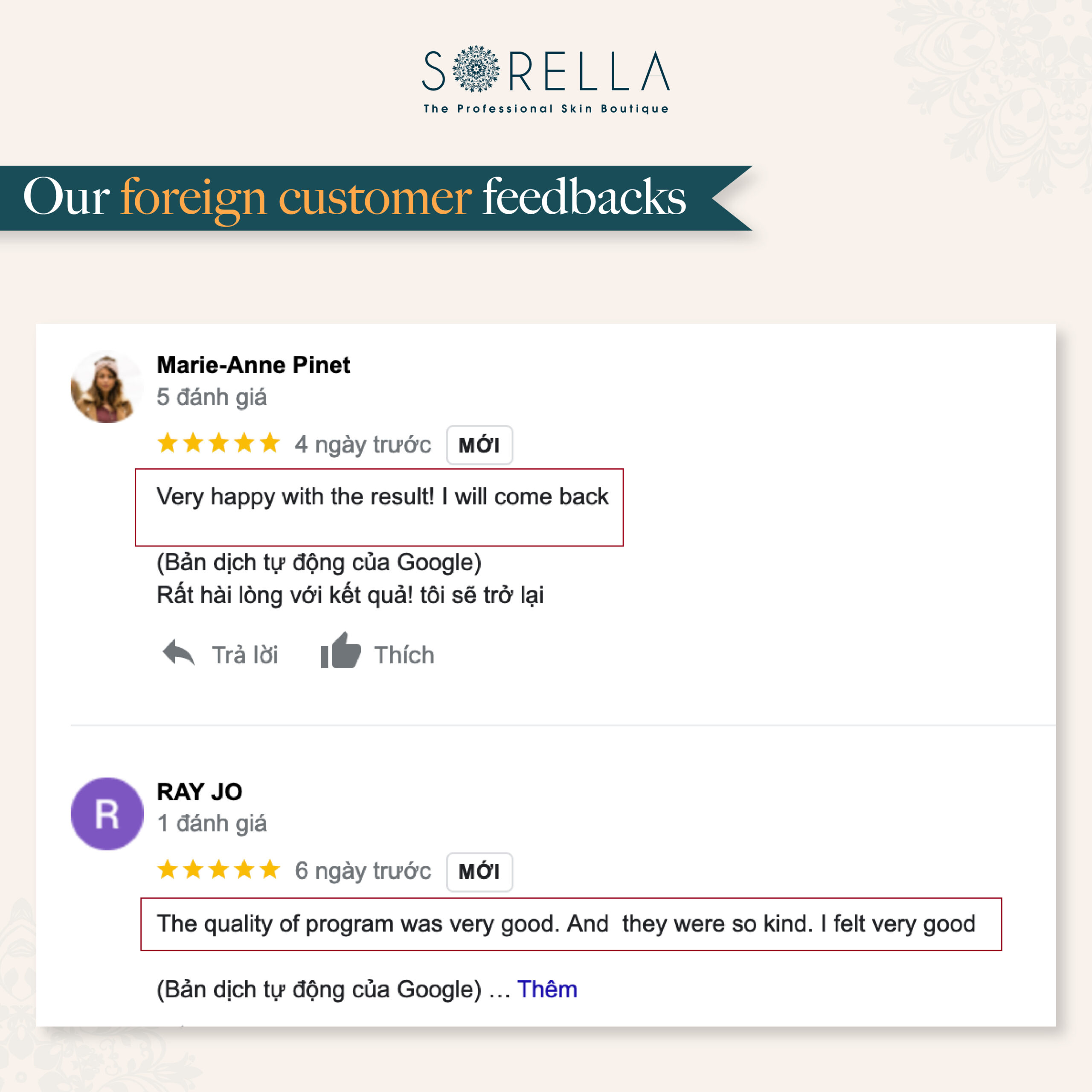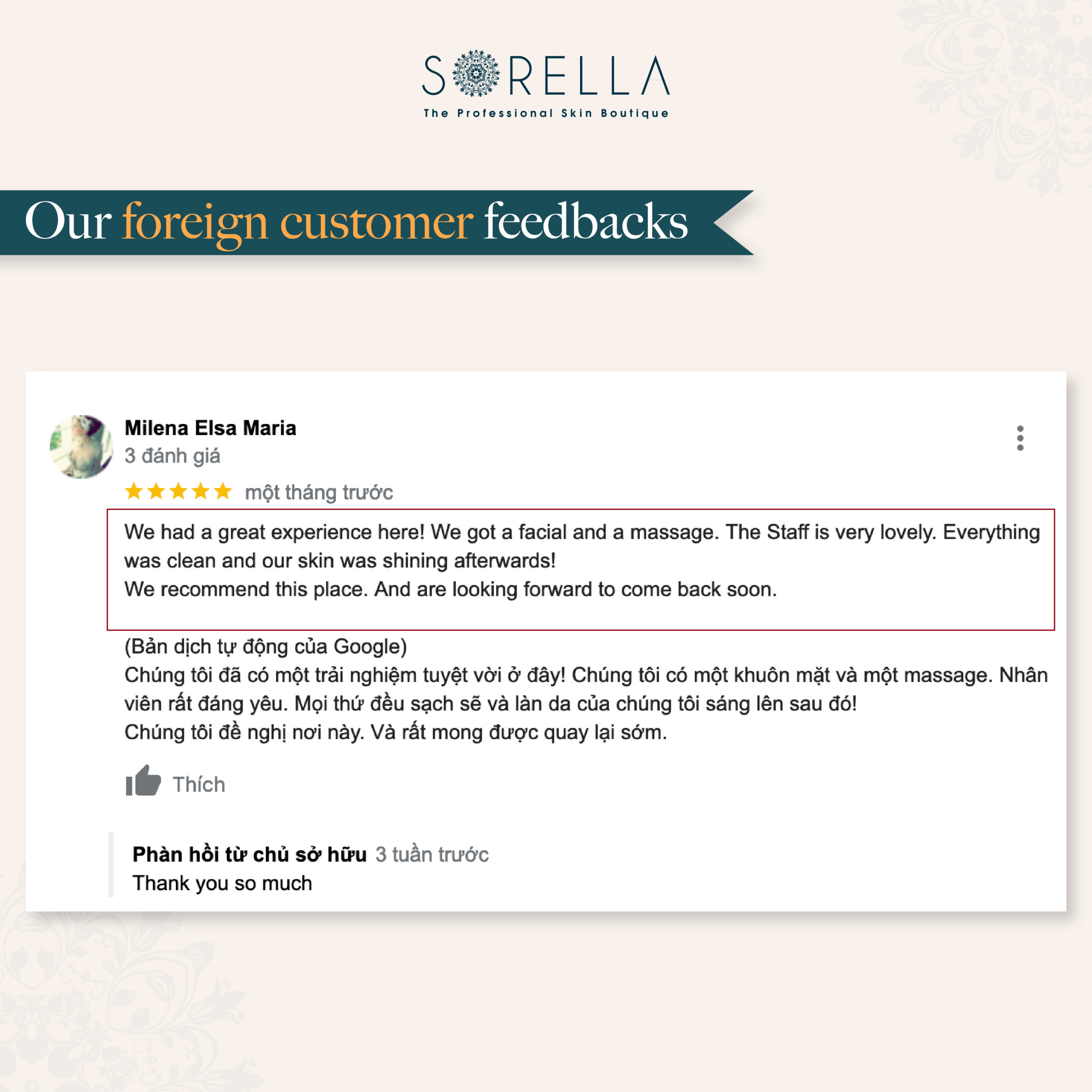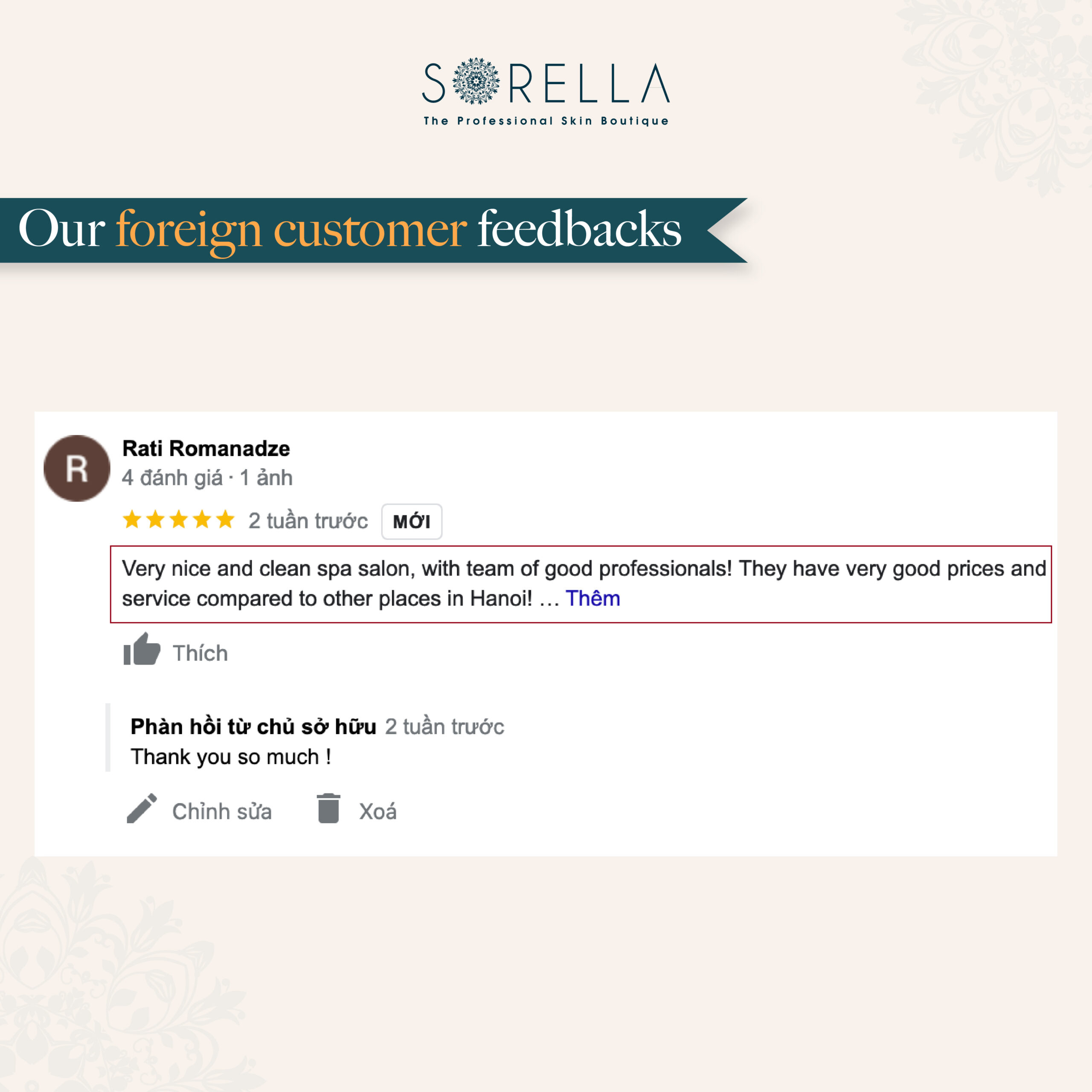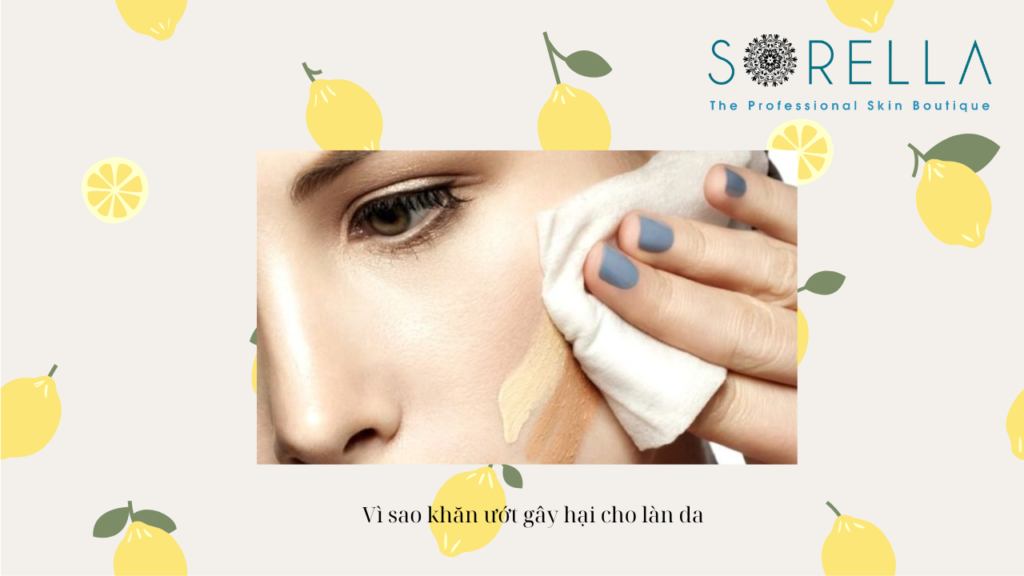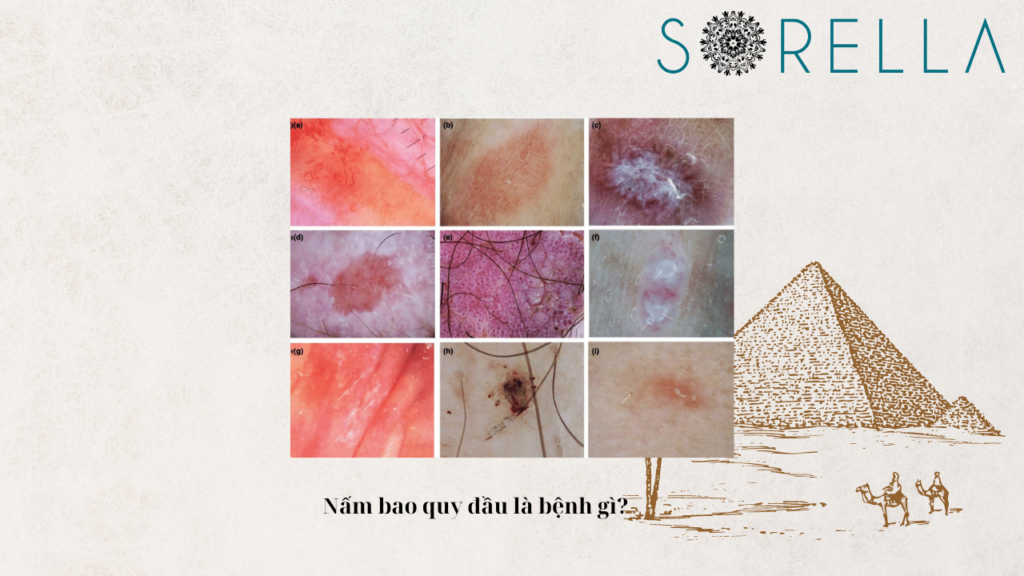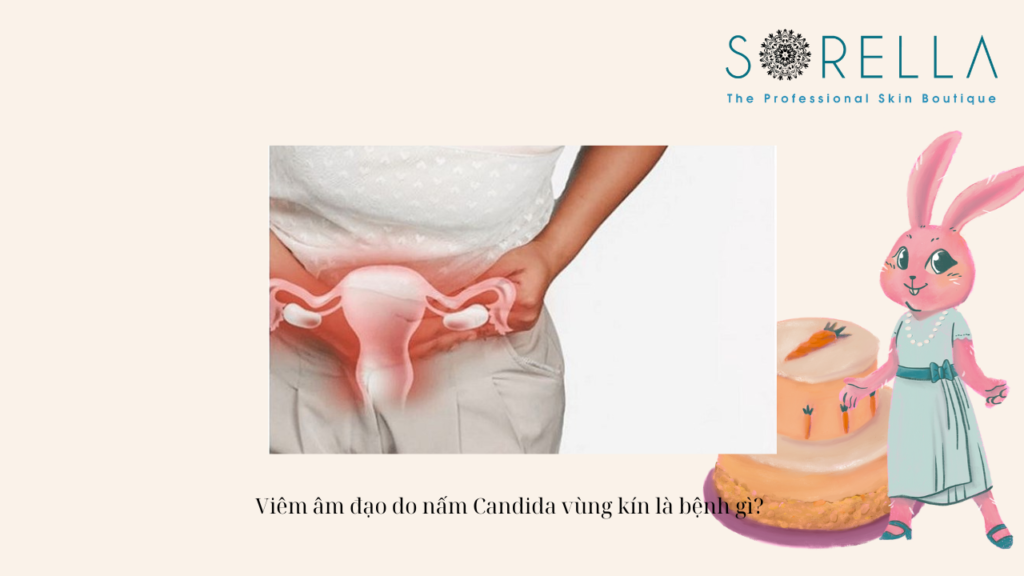Tin tức và sự kiện
Should You Get Upper Eyelid Fat Removal? 3+ Things to Note If You Want to Remove Upper Eyelid Fat
Should you get upper eyelid fat removal? Upper eyelid fat removal is a cosmetic procedure that many modern women choose to make their eyes more attractive and appealing. However, since this cosmetic procedure involves surgical intervention, many people are concerned about its safety. In this article, Sorella will help you answer this question!

Contents
- 1 Where is upper eyelid fat located and what is its role?
- 2 Reasons for the formation of upper eyelid fat
- 3 Effects of upper eyelid fat removal
- 4 Who should consider upper eyelid fat removal and how long does it take to heal?
- 5 The upper eyelid fat removal procedure
- 6 Post-operative care for upper eyelid fat removal
- 7 How to Reduce Upper Eyelid Fat at Home?
Where is upper eyelid fat located and what is its role?
The upper eyelid comprises multiple layers, divided into the front, middle, and back layers. The front layer consists of the skin and the eyelid muscle. The back layer includes the eyelid cartilage and conjunctiva. The middle layer contains the eyelid crease and the fat separating the inner part of the eye socket from the structures in front of the eyelid crease.
Upper eyelid fat is located in the middle layer of the upper eyelid, specifically the layer of fat above the eyelid crease. From an aesthetic perspective, upper eyelid fat plays a role in creating a harmonious fullness of the upper eyelid. Without this layer of fat, the eyes may appear sunken, and the eyelids may lack aesthetic appeal.
Reasons for the formation of upper eyelid fat
Upper eyelid fat is formed not only to protect the inner layer of the upper eyelid and provide fullness to the eyelid but also due to the aging process, which alters the structure of the eyelid. Along with the effects of gravity, tissues and fat become less elastic, causing the fat to protrude, resulting in hooded eyelids or sagging eyelids that diminish aesthetic appeal.
Effects of upper eyelid fat removal
Upper eyelid fat removal is a simple surgical procedure that involves removing or reducing excess fat from the upper eyelid through a small incision on the eyelid. Depending on each individual’s anatomy and other factors, the surgeon will determine how much fat to remove to restore the eyelid crease and achieve symmetrical eyes.
See more: The importance of ceramide and 4 questions about it
Who should consider upper eyelid fat removal and how long does it take to heal?

Who should consider upper eyelid fat removal and how long does it take to heal? When excess upper eyelid fat affects health and diminishes your confidence in your appearance, it’s time to consider removing it. Additionally, some individuals who may benefit from upper eyelid fat removal include:
– Suitable for both men and women over 30: The body begins to show signs of aging, especially in those with hooded eyelids or excess skin.
– Younger individuals may also experience hooded eyelids due to the accumulation of fat in the upper eyelids.
You should consult a doctor for advice. Depending on the extent of excess fat and other factors, the doctor will provide appropriate advice to quickly address your health and aesthetic concerns.
The upper eyelid fat removal procedure
1. Consultation and assessment
A specialized doctor will directly consult and assess the condition of your eyelids. Depending on the degree of sagging and aging, appropriate fat removal technology will be applied.
2. General health check
To ensure safety and standards during cosmetic surgery, patients undergo a general health check and basic tests. When the criteria are met, the cosmetic procedure will be performed.
3. Local anesthesia
After drawing the appropriate surgical incision lines, patients are anesthetized in the eye area before the procedure to ensure a smooth and comfortable surgical process. Patients should not feel pain or discomfort during the procedure.
4. Fat removal
If only simple fat removal is required, the doctor will make small incisions directly above the eyelid crease corresponding to the locations of excess fat deposits or make small incisions in the lower eyelid mucosa. Through this, excess fat is gently removed, and bleeding is carefully controlled. This procedure may be combined with eyelid lifting and double eyelid surgery in cases of monoids.
See more: What is smile surgery? 3+methods and important notes not to be missed
5. Wound closure and completion of the procedure
After the excess upper eyelid fat is removed, the doctor will close the surgical incisions with specialized cosmetic stitches. Patients need to rest for 1-2 hours.

Post-operative care for upper eyelid fat removal
After undergoing upper eyelid fat removal, patients should note the following points during the recovery process:
– The eyes will swell significantly within 24 hours and then gradually reduce. Cold compresses should be applied and maintained for 24 hours after surgery.
– After 24 hours, clean the wound with physiological saline, dry it, and apply a thin layer of Povidine to the wound once a day.
– Remove the eye bandage after 24 hours and shield carefully when going outside.
– When washing your face, avoid getting the surgical incision wet. If possible, simply wipe your face gently with a wet towel.
– Two days after stitch removal, patients can wash their face as usual.
– Avoid moving or directly impacting the surgical area, do not touch or rub the eyes, do not apply makeup around the eyes, do not use contact lenses or glasses, etc.
– Eat plenty of wound-healing foods such as green vegetables, fruits, and protein-rich foods.
– Follow the re-examination schedule as instructed by the doctor.
Removing excess upper eyelid fat is a common cosmetic method to eliminate eye bags and restore a youthful appearance to the eyes. After 1 week of treatment, patients will recover quickly. However, to achieve the desired safe results, you should find a truly reputable clinic.
Furthermore, post-operative care also plays a crucial role in determining the outcome of upper eyelid fat removal surgery, so patients should strictly follow the doctor’s instructions.
Expert advice is that excess fat in the upper eyelids not only affects appearance but also carries the risk of functional impairment depending on the severity of the condition. Patients should seek medical advice as soon as possible to receive appropriate treatment recommendations.
How to Reduce Upper Eyelid Fat at Home?
How to Reduce Upper Eyelid Fat at Home? In addition to cosmetic procedures for removing upper eyelid fat, for those who may not have access to such treatments, here are some very simple methods to reduce upper eyelid fat at home:
Using Aloe Vera Gel to reduce upper eyelid fat
Aloe vera is a familiar ingredient to many, known for its numerous benefits. Besides being a nutritious food, aloe vera is also used as a miraculous ingredient to effectively eliminate upper eyelid fat.
Method: Before going to bed, use freshly washed aloe vera gel and apply it to the area with excess upper eyelid fat for 15 minutes. Repeat this regularly at least 3 times per week.
Using potatoes to reduce upper eyelid fat
Potatoes contain enzymes essential for treating dark circles and upper eyelid fat bags. Therefore, in addition to using potatoes as a daily nutritional supplement, they are also considered a “treasure” in beauty care routines.
Method: Cut the potato into thin slices, then refrigerate for 5-10 minutes. Place the potato slices on the eye area for 10-15 minutes, then rinse the eye area with water. This method works best when done early in the morning after waking up.
Using Fat-Dissolving creams
You can also use some fat-dissolving creams to reduce upper eyelid fat at home. However, it is not recommended to buy and use over-the-counter creams without proper guidance. You should consult medical professionals to receive advice and prescriptions suitable for your specific condition to avoid potential adverse effects.
See more: Mesotherapy in Fat Reduction: 5+ Things You Need to Know About Mesotherapy
Performing eye massage exercises to reduce upper eyelid fat

In addition to the natural methods mentioned above, you can learn and practice eye massage exercises to relieve eye fatigue and invigorate them. Performing eye massage exercises can stimulate blood circulation, reduce tension, and potentially assist in reducing upper eyelid fat.
Some common exercises include:
- Eye rotation: Sit comfortably and place your hand on your forehead. Using your index finger, gently move in circular motions around the eyes. You can start clockwise for 15 seconds, then switch to counterclockwise for another 15 seconds. Repeat this exercise 3-5 times to reduce tension and stimulate blood circulation around the eyes.
- Pressure holding: Place your ring finger gently on the area under the eyes, then apply pressure for about 10 seconds. Move your finger to the upper eye area and maintain similar pressure. Repeat this exercise 3-5 times. Gentle pressure can help stimulate blood flow and reduce swelling.
- Eye area massage: Use your fingertips and gently massage from the corner of the eye along the eyelid crease. Focus on this area for about 1-2 minutes, enjoying the gentle and relaxing sensation. This action may help reduce fatigue and improve skin elasticity.
The natural methods mentioned above require perseverance and regular practice over a long period to see noticeable changes. Therefore, if you do not have enough time and want to achieve quick results, you can consider surgical methods for removing upper eyelid fat. This can help you quickly achieve the desired results without the need for waiting and persistence like non-surgical methods.
Through this article, Sorella has provided you with information on the causes of upper eyelid fat formation, the benefits of upper eyelid fat removal surgery, as well as the procedure for this cosmetic method. It is hoped that the information shared in this article can answer your questions or concerns about upper eyelid fat.
Tư vấn chuyên môn bài viết:
TS.BÁC SĨ NGUYỄN HỮU QUANG
Bài viết cùng chủ đề:
-
Cách diệt chấy rận hiệu quả ngay tại nhà, 8 phương pháp tiêu diệt chấy rận hiệu quả
-
Có nên dùng khăn ướt để tẩy trang? Cẩn thận khi dùng khăn giấy ướt giúp chăm sóc làn da của bạn, 1 vài thành phần của giáy ướt có hại cho da
-
Nấm bao quy đầu là bệnh gì? 1 số nguyên nhân, dấu hiệu, chẩn đoán, điều trị
-
Viêm âm đạo do nấm Candida vùng kín là gì? 1 số nguyên nhân, triệu chứng


 中文 (中国)
中文 (中国) 한국어
한국어 English
English
